Lottery: A tax on people who are bad at math
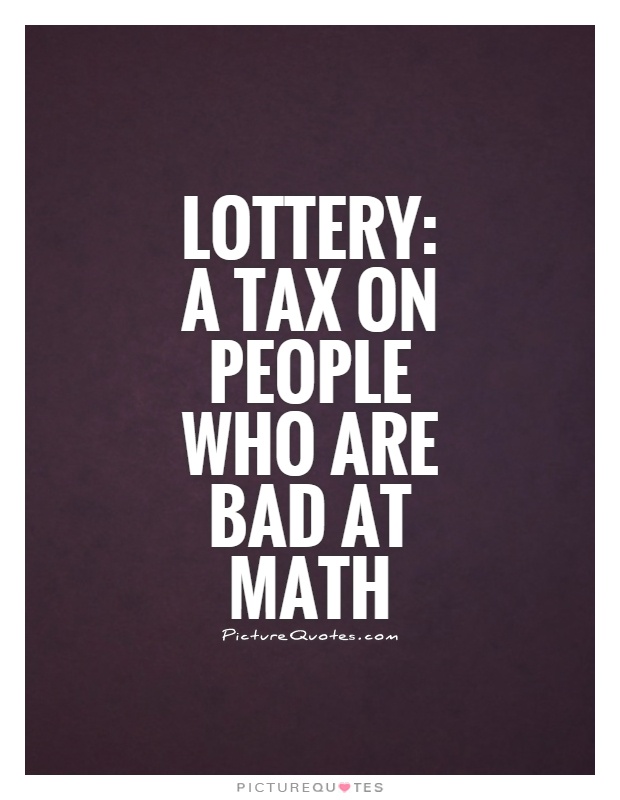
Lottery: A tax on people who are bad at math
The saying "Lottery: A tax on people who are bad at math" is a popular phrase that highlights the odds of winning the lottery and the financial implications of playing. The lottery is a game of chance where participants purchase tickets in the hopes of winning a large sum of money. However, the odds of winning are incredibly low, making it a risky investment for those who are not well-versed in probability and statistics.In essence, the lottery can be seen as a tax on those who are not skilled at calculating the likelihood of winning. The chances of winning the jackpot in most lotteries are often in the millions to one, meaning that the vast majority of players will never see a return on their investment. This is where the comparison to a tax comes in – players are essentially giving away their money to the government or lottery organization in exchange for a slim chance at a big payout.
For those who are not mathematically inclined, the allure of the lottery lies in the dream of instant wealth and financial security. The idea of winning millions of dollars with just a few dollars spent on a ticket is enticing, and many people are willing to overlook the slim odds in pursuit of this dream. However, the reality is that the vast majority of players will never see a return on their investment, leading to the conclusion that the lottery is a tax on those who are not adept at calculating probabilities.
Despite the low odds of winning, the lottery remains a popular form of entertainment and a source of revenue for governments around the world. In some cases, lottery proceeds are used to fund education, infrastructure, and other public services, making it a valuable source of income for communities. However, for individual players, the lottery can be a risky gamble that often results in financial loss.

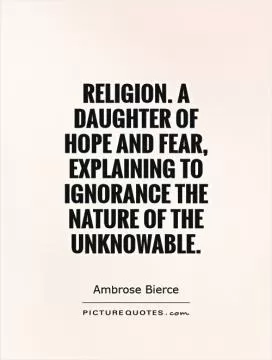
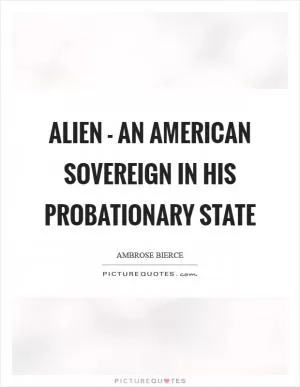
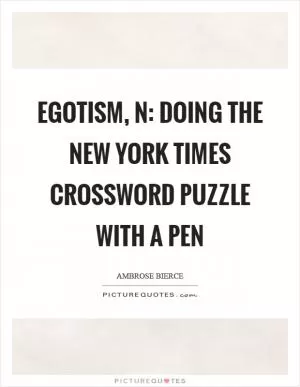

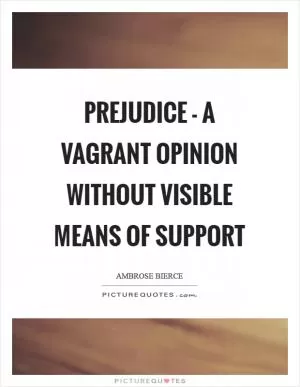



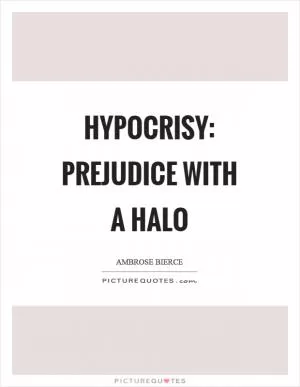
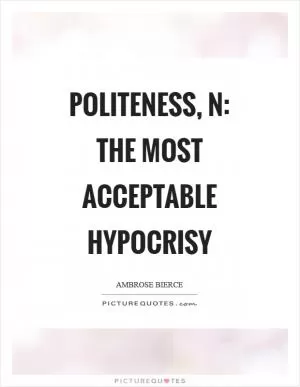
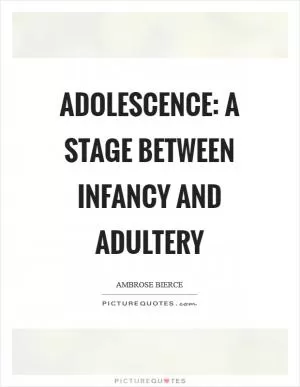
 Friendship Quotes
Friendship Quotes Love Quotes
Love Quotes Life Quotes
Life Quotes Funny Quotes
Funny Quotes Motivational Quotes
Motivational Quotes Inspirational Quotes
Inspirational Quotes